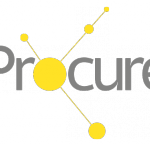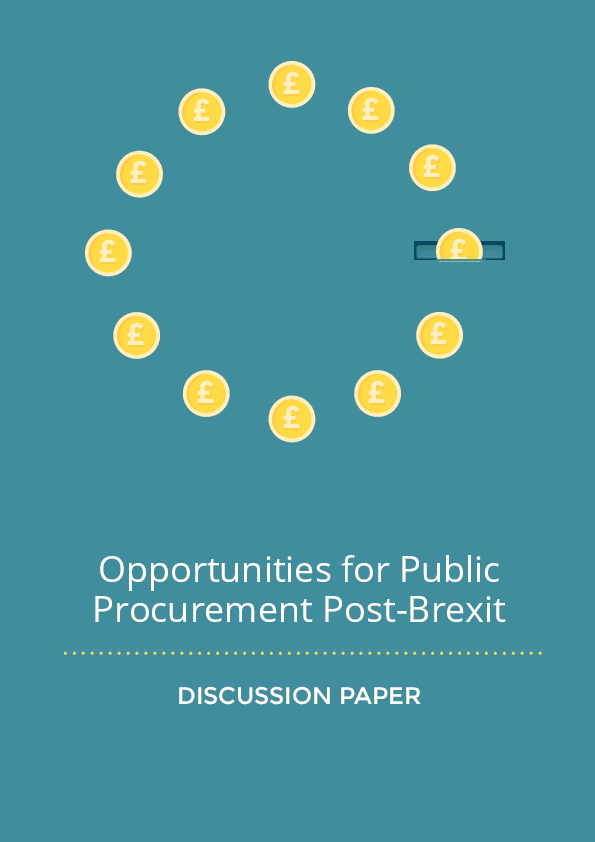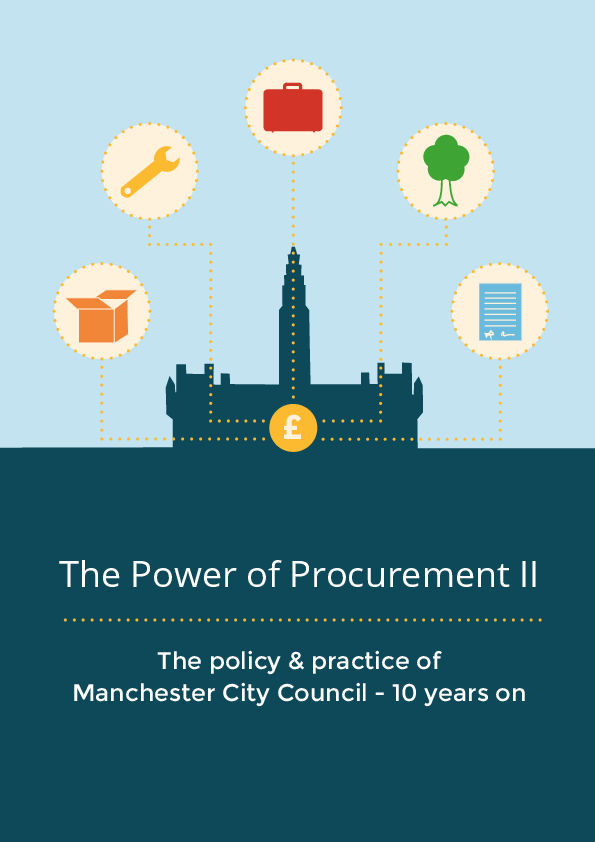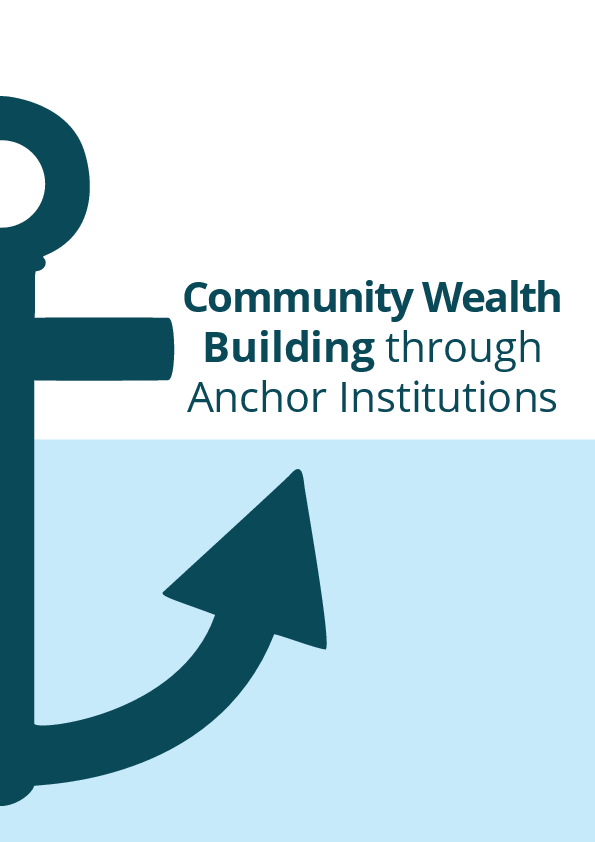
This article was written by Matthew Jackson and first published by URBACT.
Matthew Jackson is the Lead Expert for the Procure network and the Deputy Chief Executive of CLES.
There has often been a misnomer that procurement processes cannot consider innovation in procurement and particularly criteria around economic, social environmental benefits because it contravenes the European Procurement Directives and specifically requirements around competitiveness. This misnomer has meant that procurers across Europe have often not considered innovation in procurement and have instead focused purely upon the cost of the product or the service being procured.
At the last meeting of the Procure Network in Albacete in December 2016, we explored how this misnomer could be overcome and particularly how social criteria could be built into the various stages of the procurement cycle. Indeed, the European Directives are now actively encouraging municipalities and others to utilise the process of procurement to achieve wider social and environmental goals and suggests three main ways of doing this.











